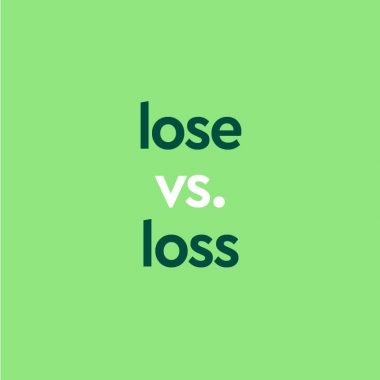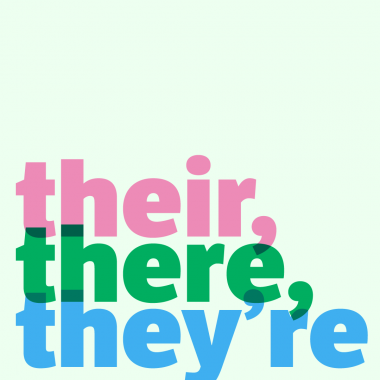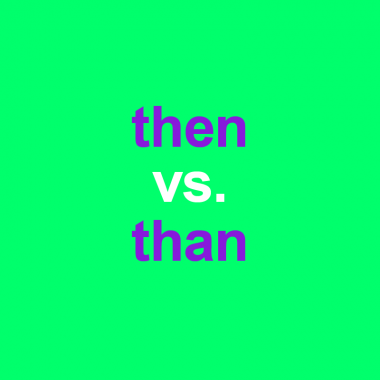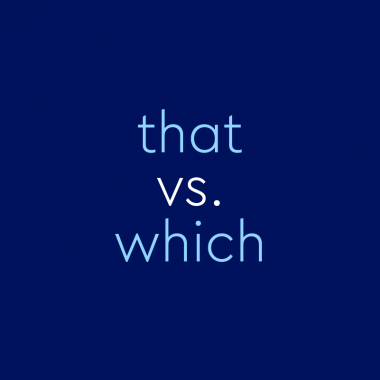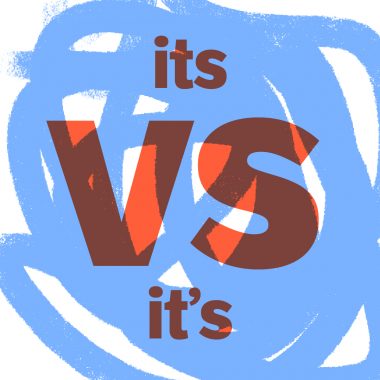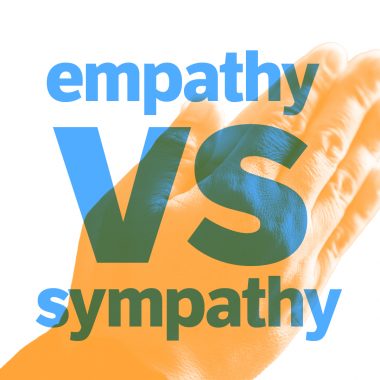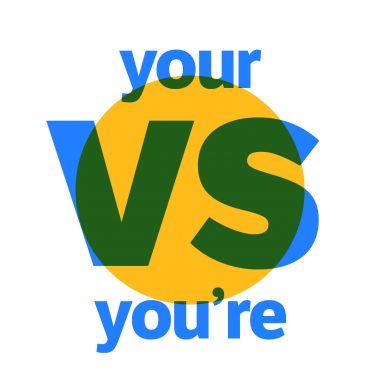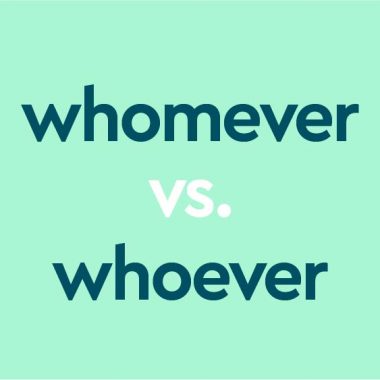Psst! Do You Know Any English Words Without Vowels?
It’s a question that just about every English learner has asked: “Are there any English words that have no vowels?” The answer to this depends what you mean by “vowel” and “word.” In this article, we explain what vowel means and how English words without vowels can—and do!—exist. We also talk about the examples that some people may or may not believe are actually words. …

